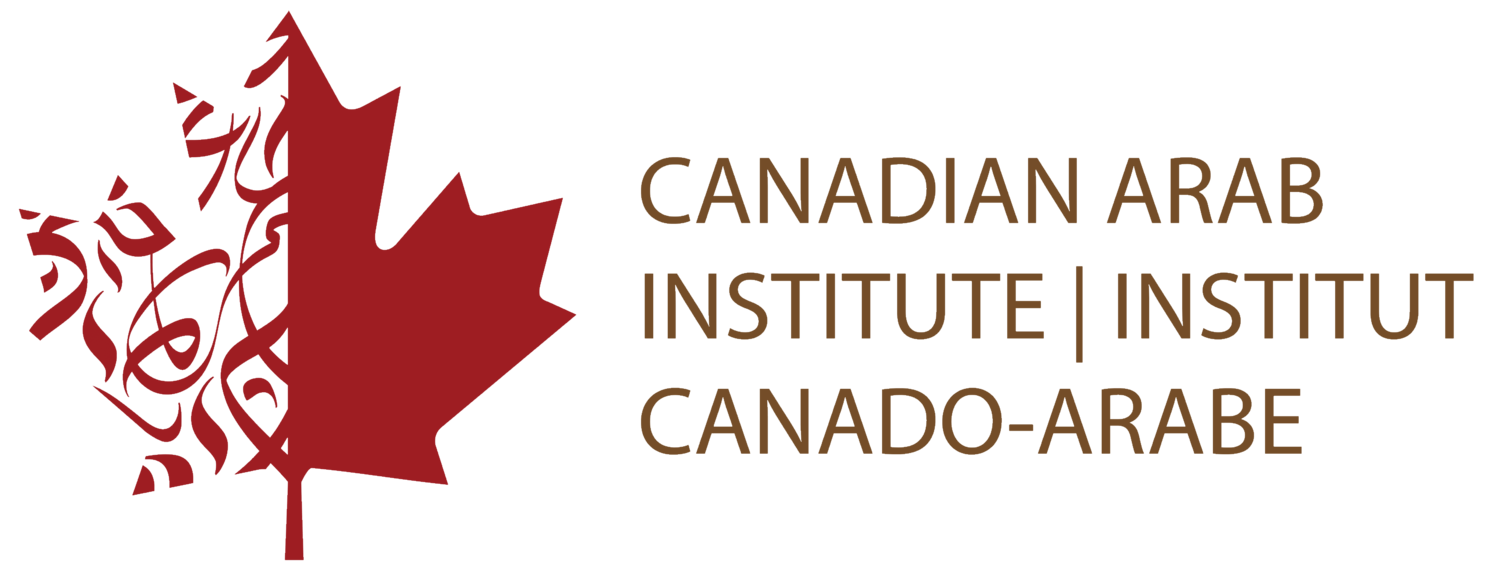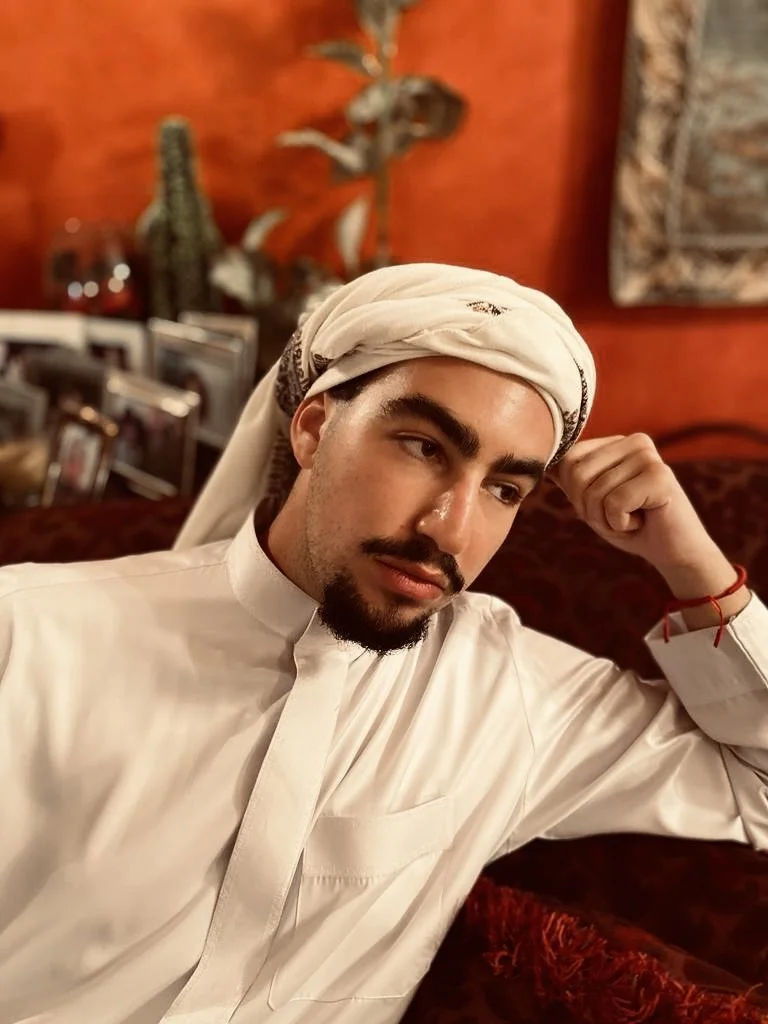What it means to be an African-Arab in Canada
By Shaistha Khan
Twitter: khan_shaistha
Born in Nairobi, Kenya to Sudanese parents, Walied Khogali is a proud Canadian. But living at these intersections means facing unique challenges, particularly when it comes to navigating Arab spaces as a Black man.
“When people look at me, they tend to make assumptions,” Khogali says. “These assumptions are a by-product of white supremacy.”
He explains that as a Black male, some might perceive him as violent, untrustworthy, or even less of a human. And in the worst of times -- like a global recession or a pandemic –prejudices rise to the surface, exposing inequities much more vividly.
“Even in our own Arab communities, there is a hierarchy based on colourism. The closer your skin colour is to whiteness, the more privilege you have,” Khogali says.
Walied Khogali co-founded the Coalition Against White Supremacy and Islamophobia, a support group dedicated to promoting educational opportunities and tracking incidents of hate. Photo courtesy of Walied Khogali.
Despite the challenges, he appreciates that his African-Arab and Canadian identity can also serve as a bridge to understanding diverse cultures.
“I speak Arabic and Swahili; can connect with the East African community, but also be recognized as part of the Arab diaspora,” Khogali says. “It’s a privilege to have these diverse experiences and cultural competency. It helps me navigate difficult conversations on race and serves as a bridge for shared knowledge and understanding.”
Khogali co-founded the Coalition Against White Supremacy and Islamophobia, a support group dedicated to promoting educational opportunities and tracking incidents of hate.
“We cannot ignore the legacy of colonialism, and its manifestations that live on until today,” he says.
The Canadian-Arab community is anything but a monolith – it’s culturally, religiously, and ethnically diverse. Canada is home to Arabs who originate from sub-Saharan African countries and identify as Black. According to Statistics Canada data, Arabic is one of the top reported mother tongues for the Black population in Canada.
Karim Wafa, a historian and cultural anthropologist who studies African and Indian Ocean cultures notes that many people are simply unaware that such diversity exists in the Arab world.
“Arabia and Africa have been trading with each other for thousands of years,” he says. He goes on to explain how parts of Arabia were united with continental Africa under the existence of empires and states that governed both Arab and African territories as one.
Trade and commerce between the Arab world and African mainland led to mixed communities and diaspora identities throughout the Afro-Arab world, says Karim Wafa, a historian and cultural anthropologist.
One example is the Ethiopian Aksumite Kingdom which ruled over parts of Southern Arabia, in what is Yemen today. And more recently, the Omani Arab empire that ruled over most of the East African cost – spanning from southern Somalia, across coastal Kenya and Tanzania to northern Mozambique and the islands of the western Indian Ocean.
“If this shows anything, it’s that the Arab world has had intrinsic contact with the African mainland for millennia,” Wafa says. “This trade and commerce between the two have led to mixed communities and diaspora identities throughout the Afro-Arab world.”
On the other hand, colonialism and imperialism have instilled and reinforced ideas of race-based notions of supremacy, leading to ingrained feelings of superiority between different communities of colour, he adds.
African and Black communities continue to face prejudice and systemic racism. For African-Arab groups, barriers are enforced two-fold: from outside the Arab community, but also from within the community.
Nader Kadhim, a professor, cultural critic, and writer notes that talking about the Black Arab identity is not a cause for controversy or sensitivity in many countries, like Sudan, Mauritania, and Somalia. However, the sensitivity is raised primarily in countries where the presence of Black people is associated with the history of slavery.
He adds that negative attitudes towards Blackness still exist across Arab and North American countries. In many Arabic dialects, the direct translation of a word commonly used to refer to Black people is “slave.”
“This is unfortunate and is an obstacle to integration in society and [prevents them] from obtaining leadership positions in institutions,” Kadhim says. His book, “Africanism: Blacks in the Medieval Arab Imaginary” was recently translated by McGill-Queen’s University Press.
“We must realize that the modern state is based on civil citizenship, not ethnic origins of this group or that,” Kadhim says.
Khogali explains that one way to challenge negative stereotypes is by highlighting the contributions of the African-Arab diaspora, embrace diversity and create spaces for dialogue.
“As more and more African-Arab Canadians take up space in important fields – lawyers, doctors, or the media – it helps to push back against negative stereotypes that are associated with African-Arabs and Blacks.”
Shaistha Khan is a writer / editor and freelance journalist who writes on Saudi Arabia and the wider Arab Gulf region. Her work has appeared in BBC Travel, Al Jazeera, TRT World, Vogue Arabia, Harper’s Bazaar Arabia, The National News (UAE), and more. You can follow her on Twitter here.



